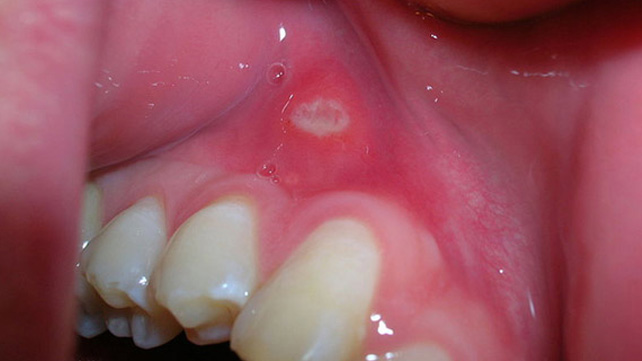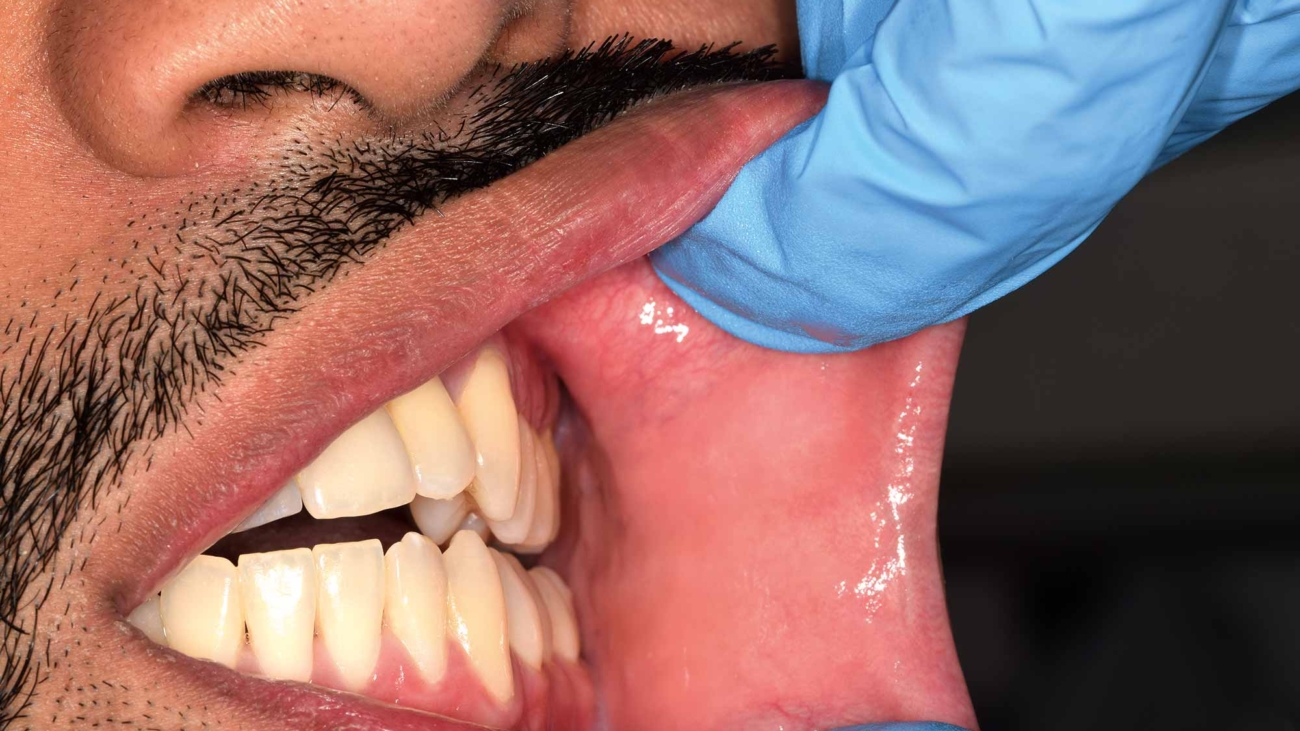The area of the mouth (oral cavity) includes the:
- lips
- front two-thirds of the tongue
- upper and lower gums
- inside lining of the cheeks and lips
- the floor of the mouth, under the tongue
- the roof of the mouth (the hard palate)
- the area behind the wisdom teeth.
Mouth cancers are the most common cancers which affect the head and neck area. They can begin in any of the parts of the mouth mentioned above.
Around 1,400 people are diagnosed with cancer of the tongue each year in the UK and 1,500 are diagnosed with cancers affecting other parts of the mouth. Cancer of the lip is uncommon, with fewer than 300 people diagnosed with it every year.

Mouth cancer is more common in people over 50 and it usually affects more men than women. Most mouth cancers develop from cells that line the mouth or cover the tongue and are called squamous cell cancers.
The main causes of mouth cancers are life’s general pleasures of smoking and drinking heavily and the risk is greater if you do both, but always remember that 80% of all lung cancers occur in NONsmokers! Other causes include chewing tobacco or chewing betel or paan, which is a cultural tradition in some Asian communities.
There are other things that may increase the risk of getting mouth cancer, such as eating a poor diet and not cleaning your teeth, or seeing a dentist regularly enough. Having a weakened immune system or a virus called the human papilloma virus (HPV) (63%) are also possible risk factors. Being exposed to sunlight over a long period of time is a risk factor for cancer of the lip.
Mouth cancer, like other cancers, isn’t infectious and can’t be passed on to other people.
The two most common symptoms of mouth cancer are:
- a mouth ulcer that refuses to heal
- discomfort or pain in the mouth that doesn’t go away.
Not everyone has pain or an ulcer. Other symptoms include:
- a white (leukoplakia) or red (erythroplakia) patch in the mouth or throat that doesn’t go away
- a lump or thickening on the lip, or in the mouth or throat
- difficulty or pain with chewing, swallowing, or speaking
- bleeding or numbness in the mouth
- loose teeth for no obvious reason
- a lump in the neck
- a lot of weight loss over a short time
- bad breath (halitosis).
These symptoms are common in conditions other than cancer. However, if you have any of these symptoms it is important to let your doctor or dentist know straight away. Mouth cancer can be treated more successfully when it’s diagnosed early.
